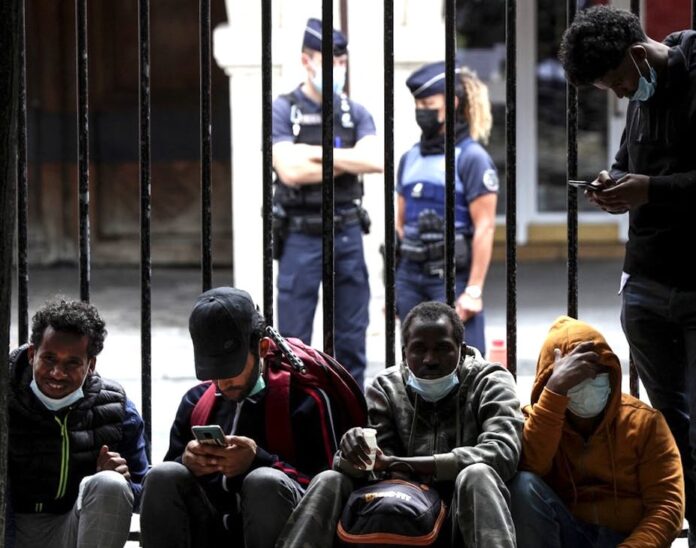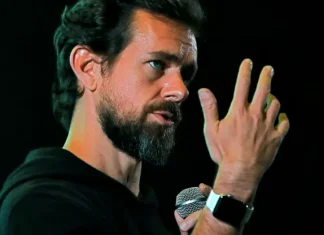The German coalition government intends to reach an agreement with EU member states that are willing to accept asylum seekers to address the issue of immigration. German conservative parties are critical of the plan.
The German Social Democrats, Greens and Free Democrats are trying to find a solution to the immigration problem. The German coalition government wants to reach an agreement with countries that are willing to accept asylum seekers, as there is almost no progress at EU level.
According to the union of the two German Conservative parties (Christian Democratic and Social Christian Bavaria), the number of countries ready to accept asylum will not be large.
German Federal Minister of the Interior Nancy Pfizer wants to form a “coalition of immigrant member states” with others in order to make progress in EU asylum policy after years of stagnation.
The German Social Democrat (SPD) politician said on Friday after meeting with EU Commissioner for Home Affairs Ilva Johansson in Berlin that such a coalition could move the process forward and improve the European asylum system. He said his first talks with France and Italy on immigration issues were promising. The German interior minister did not comment on the number of countries likely to join the coalition.
Konstantin Koehle, deputy leader of the German Free Democratic Party (FDP) in parliament, stressed that Germany had no intention of “national monopoly”. “The goal should be to add other member states (to the coalition) over time,” he said. The German Free Democrat politician added that these measures could not replace a common asylum system. Rather, the main goal is to resume negotiations at EU level.
EU Commissioner Johansson said the migration crisis on the border with Belarus has shown that EU member states can succeed if they act together. He added that about 5,000 migrants had returned to Belarus because of the policies of President Alexander Lukashenko.
According to him, the number of migrants who have recently entered the EU through illegal routes has sharply decreased. Johansson added that accepting asylum seekers is not the only way to show solidarity. Instead, member states can try to repatriate rejected asylum seekers.
Günter Burkhart, CEO of the Flight Advocacy Organization, said Johansson should work to end the so-called “pushbacks” of deporting asylum seekers to the EU’s external borders in Poland, Greece or Croatia. “The coalition of countries hosting migrants should put pressure on non-cooperating countries to comply with EU law and allow asylum seekers to enter the EU,” he added.
“Even when it is difficult to reach a general agreement at EU level, in some cases an agreement can be reached,” said Sebastian Hartmann, spokesman for the German Social Democrats in the German parliament. He cited as an example the minimum standards for the process of processing asylum applications, guardianship and accommodation of asylum seekers, adding: “If this issue is not resolved, we will not be able to control the problem of secondary immigration.”
Secondary migration refers to asylum seekers who move from one EU country to another and apply for asylum.
Marcel Amrish, the Green Party’s representative on the Home Affairs Committee, said it was good that Germany was “playing a constructive role again in the negotiations on reforming the European asylum system”. He said that former German Interior Minister Horst Seehofer had “prevented or completely ignored” humanitarian solutions over the years.
Amrish added that Germany could resume negotiations with a number of EU member states and improve standards.
But according to the union of the Christian Democrats of Germany (CDU) and the Christian Social Union of Bavaria (CSU), the realization of these plans does not exceed the level of a dream.
“The coalition government wants Germany to be a leader in this area, but experience has shown that almost no other European country is ahead,” said Alexander Trum, the union’s spokesman for domestic policy. “We will bear the burden of migration most of the time.”
“With these statements, the German Federal Minister of the Interior is creating more false incentives for more illegal immigration to Europe,” warned Andrea Lindholtz, deputy leader of the two parties’ parliamentary factions.


























































